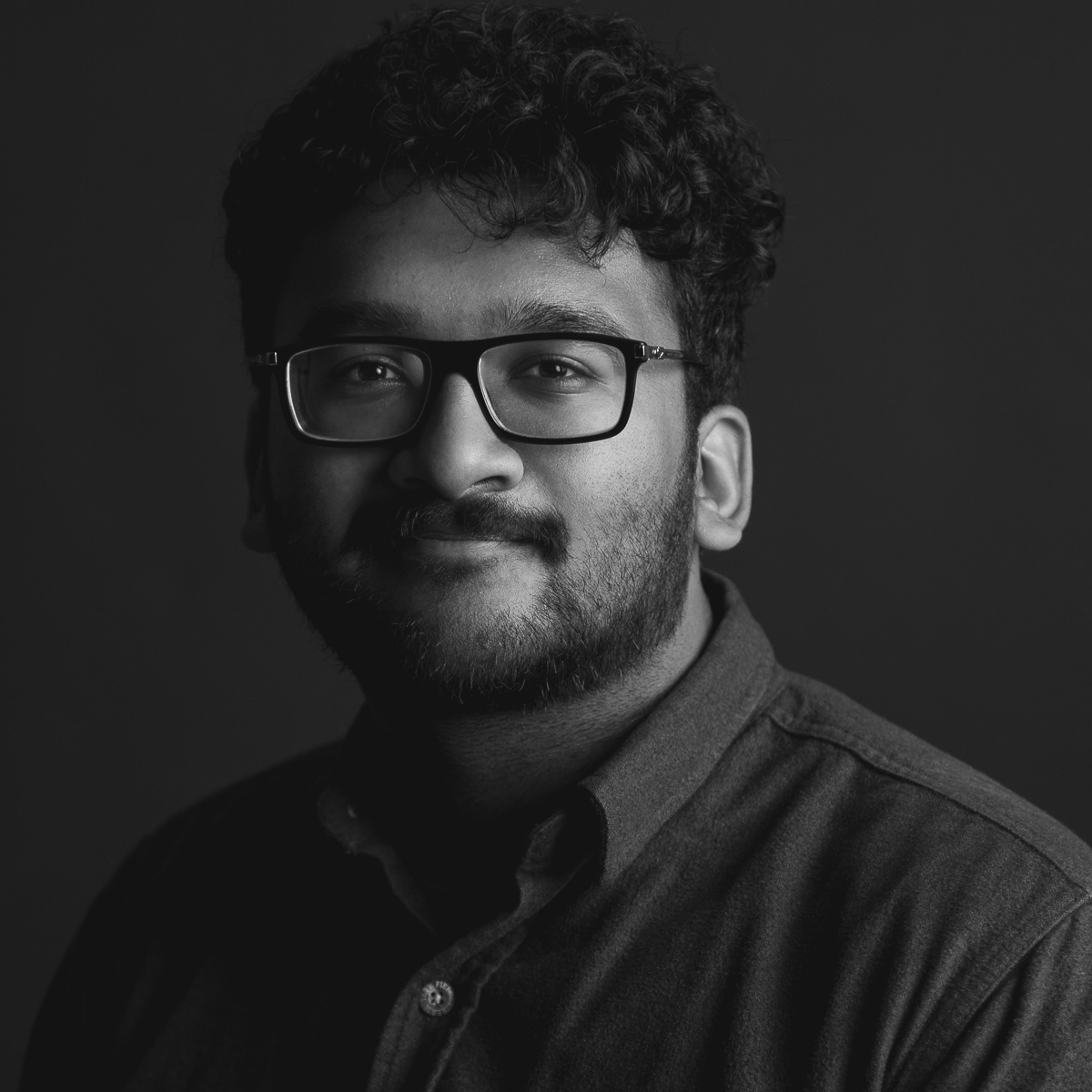Reflecting on the Importance of Critique in Photography

Photography, as I have come to understand from my mentors and personal experience, is not only clicking the shutter button at a subject that interests you. While there is an aspect of serendipity in the practice of photography, it is far more about learning how to see. Be it fashion, photojournalism or anything in between, photographers are people who learn how to see in a particular way and make images from that way of seeing.
No one, however, learns in a vacuum, least of all aspiring photographers. I firmly believe that. How can we as students learn how to see if the only input in our work is our own?
Like many art forms, photography is an iterative process. Photographers can produce work and, through critique, refine their practice and style. Rarely have I met a student in my time here at Syracuse University who simply picks up a camera and knows what their creative voice is with clarity. I am not making an understatement when I say having another set of eyes look over your work is important. Students especially benefit from review and critique. If, for example, a student is working on a project that isn’t communicating a concept or story well, how would they know if they never receive feedback? Review and critique are how we begin to understand our strengths so that we better capitalize on them, as well as being made aware of our weaknesses so that we may improve upon them.
I began taking photography seriously my sophomore year of college. Being admitted into the photo, video and design minor in Newhouse’s visual communications program introduced me to teachers and peers who challenged my ideas about my photography. Needless to say, I did not take it very well at first. To me, my work was personal, and any critique seemed to be an attack on me as photographer. It was a difficult mindset to shed, but once I was free of it, I felt as though my work improved more steadily.
It would be remiss of me to forget to note that critique is very subjective. Anytime someone offers critique of a photographer’s work, they are offering a perspective that is informed by their own experiences and tastes. I myself have shown my work to others whom I couldn’t guarantee would like my work. Nevertheless, perspective is important, and just because someone doesn’t outright like what I make, doesn’t mean its wholly wrong. It does, however, make me double check what I have produced with a more critical eye. I know firsthand how hard it is to separate yourself from your own work. It can be extremely difficult to see the broader picture, see how images work together, or even if the technique you are using is effective. In these instances, critique has always provided clarity and the opportunity to refocus my goals while working as a photographer. It has been an invaluable part of my education as an undergraduate and even now as a graduate student pursuing visual communications.
Surya Vaidy is a student in the multimedia, photography and design master’s program at the Newhouse School.